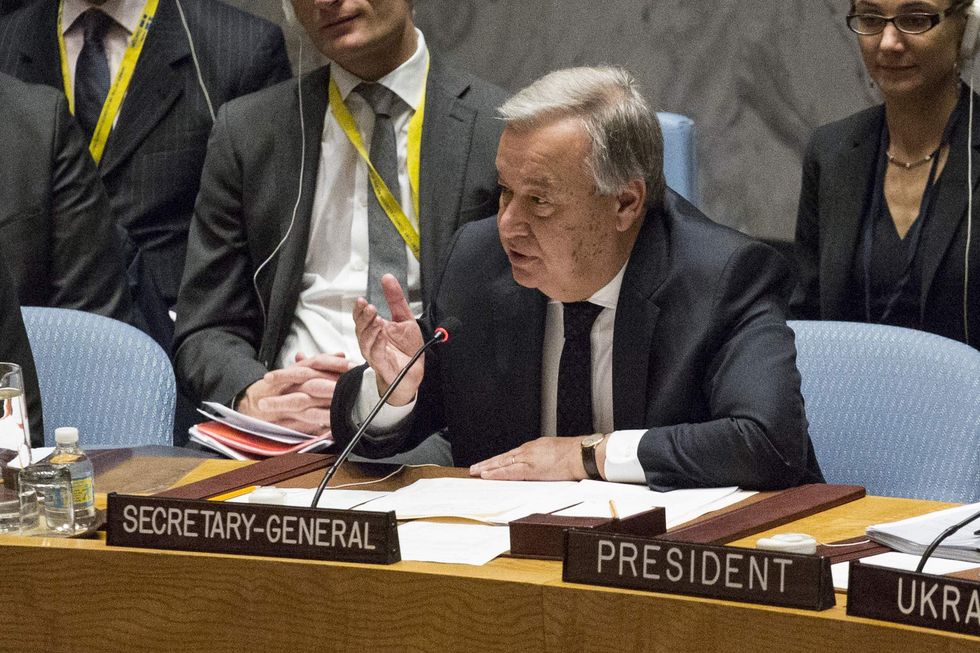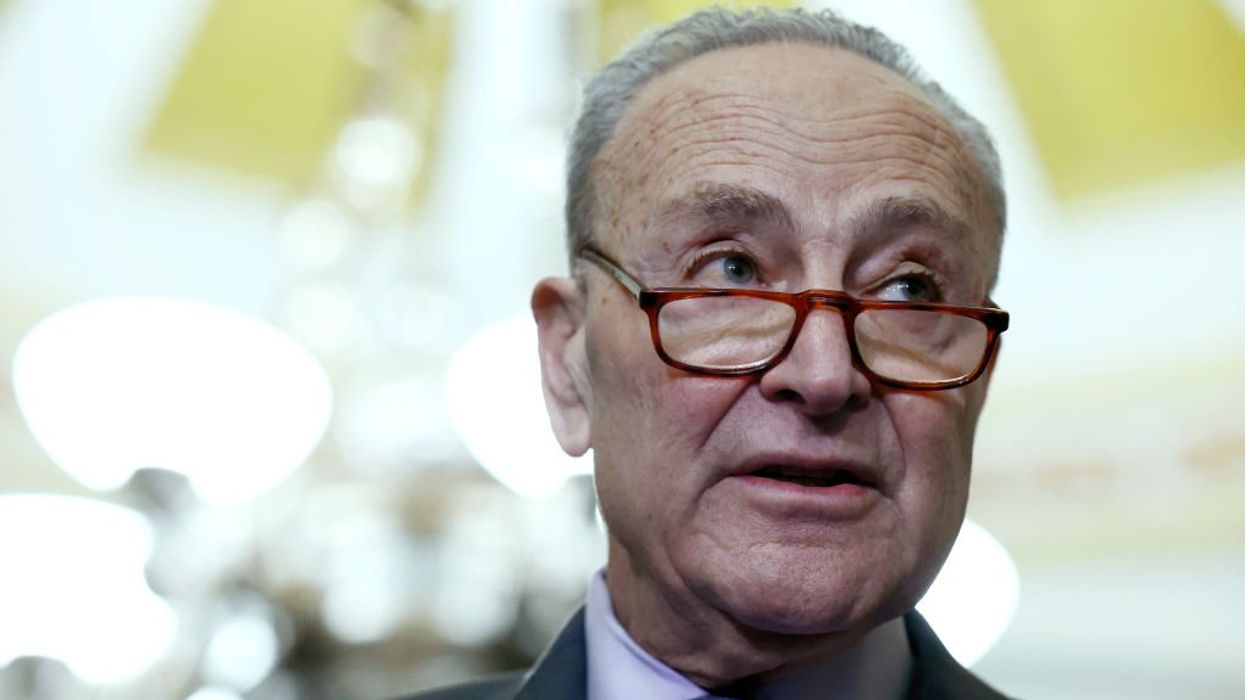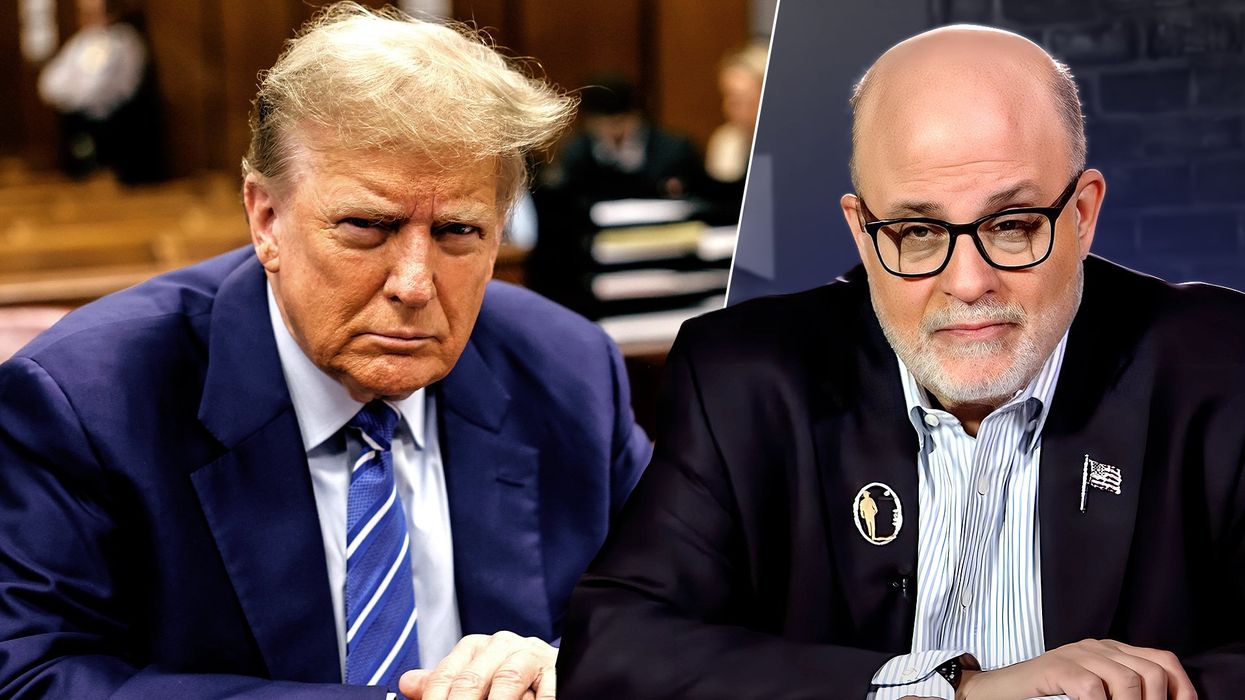According to multiple sources, President Donald Trump has directed the State Department to slash funding for United Nations programs by over 50 percent and to further implement massive spending cuts to other foreign aid programs such as the U.S. Agency for International Development.
The announcement, which will please many conservatives who have long complained about the liberal agenda that is often associated with U.N. aid programs, is in keeping with Trump's promises on the campaign trail to focus additional spending on domestic infrastructure rather than foreign aid.
The actual budgetary impact of these cuts will be fairly low, relative to the overall size of federal expenditures. It is difficult to assess exactly how much the U.S. spends on United Nations activities, since appropriations for various U.N. programs are spread across multiple departments, but by most estimates, total U.S. expenditures on U.N. programs are between $5 billion and $10 billion per year.
While the total savings might be relatively small for the United States' budget, the cut would have a dramatic impact on United Nations' operations. The U.S. currently foots about 22 percent of the total bill for the United Nations' budget.
It is not yet clear whether these cuts are scheduled to take effect immediately or whether they will be phased in over a number of years. Per Foreign Policy:
It remains unclear whether the full extent of the steeper U.N. cuts will be reflected in the 2018 budget, which will be prepared by the White House Office of Management and Budget, or whether, as Secretary of State Rex Tillerson has proposed, the cuts would be phased in over the coming three years. One official close to the Trump administration said Tillerson has been given flexibility to decide how the cuts would be distributed.
On March 9 in New York, U.S. diplomats in a closed-door meeting warned key U.N. members, including wealthy donors from Europe, Japan and South Korea, to “expect a big financial constraint” on U.S. spending at the United Nations, said one European diplomat. “There are rumors of big cuts to the State Department budget, but again, on our side, no figures,” the diplomat said.
This attempt to reduce foreign dependence on the United States' aid efforts fulfills one of Trump's frequent campaign promises to rectify what he perceived as the disproportionate financial burden the United States has borne over the years supporting organizations such as the United Nations and the North Atlantic Treaty Organization.
In March, Trump blasted the United Nations as an enemy of Democracy, and he promised repeatedly that funding for both NATO and the U.N. would be reduced under his administration.
Conservatives have long criticized the United Nations for a host of reasons, noting that most United Nations member countries are not democracies, and have charged that the organization as a whole is unfairly hostile to the interests of Israel, which has long been a strategic ally of the United States. Also, a number of United Nations humanitarian efforts have long been the subject of conservative criticism for allegedly promoting liberal social values throughout the world. Conservative condemnation of the United Nations reached a crescendo in December 2016, when the Obama administration refused to veto Security Council Resolution 2334, which condemned the construction of Israeli settlements in areas long claimed by Israel.
The resolution was the subject of broad bipartisan condemnation in Congress, as the House of Representatives voted to condemn the resolution by an overwhelming margin. Then-President-elect Trump responded to the resolution by promising that "things would be different" at the United Nations after his inauguration on Jan. 20, and the decision to slash the United Nations' funding may only be the first step for the Trump administration.




